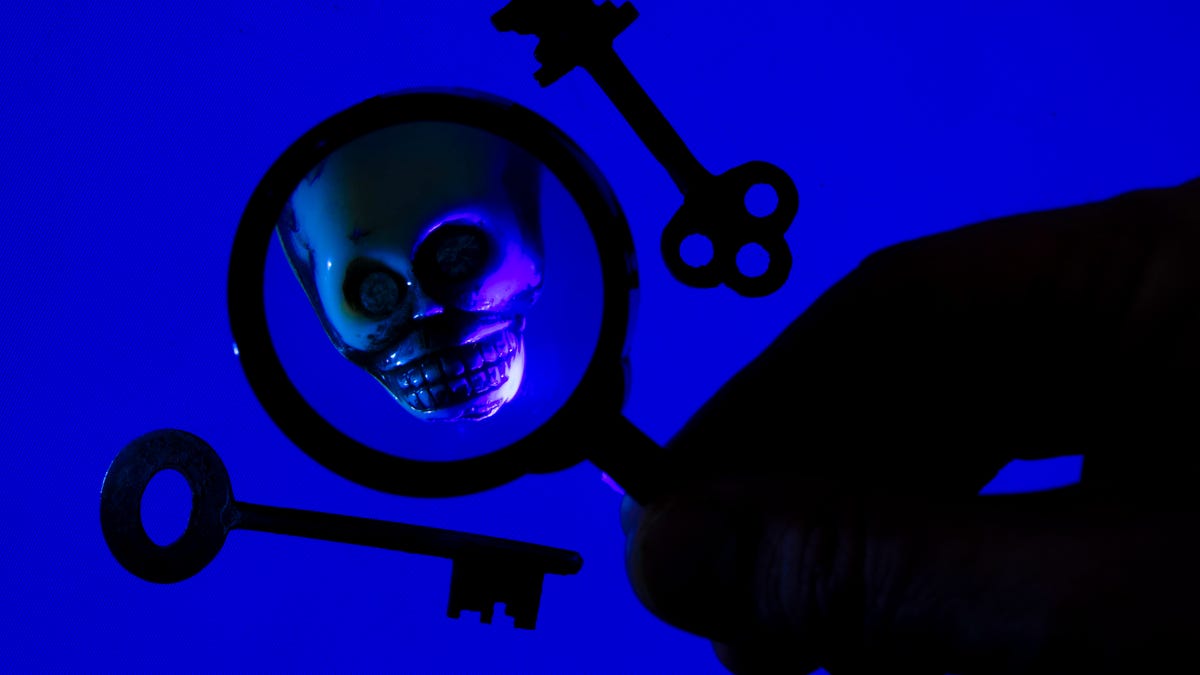Privacy experts: Focus on controlling damage caused by data collection
You can't keep your data to yourself anymore.

You're not going to stop the collection of your personal information. That's the bad news. Companies and governments are finding more points of data to harvest about your daily life, and they're going to keep doing it.
Despite that, a group of privacy experts from organizations including the Electronic Frontier Foundation and the American Civil Liberties Union said there's hope. Speaking at the Oktane19 conference in San Francisco on Wednesday, they called for a change in tactics: advocate for better laws and technologies that keep data collection from hurting you.
"We probably are unable to stop the amount of collection in an effective manner," said Kurt Opsahl, deputy executive director and general counsel at the EFF. "The answer is to use tools so that creates less harm."
One of these tools could be regulation that gives consumers more rights over their data, like the EU's General Data Protection Regulation. The law counters the trend of companies collecting whatever data they want on you and storing it indefinitely, because it puts them at risk of financial penalties if hackers steal the data or if it's misused, said Jon Callas, senior technology fellow at the ACLU.
It also means thinking about the unexpected ways data from long ago, which Callas calls "data sludge," could be used against you.
Marc Rogers, an executive director focused on cybersecurity at Okta, the event's sponsor, agreed. For example, he said, connected cars like the Tesla collect information about drivers' movements for the entire life of the car. What happens to that data if the car goes to the junkyard or auction house, he asked.
"If you told me years ago I'd be living in a world where I'd have to be careful disposing of my light bulb because it contains my Wi-Fi password, I'd have thought you were crazy," Rogers said.
The answer to this problem could be technological, with product makers coming up with ways to limit the data exposed at the end of a device's life cycle.
Technical fixes to other problems are emerging but need to become more widespread, said Sara-Jayne Terp, a data scientist who focuses on stopping coordinated misinformation campaigns. As an example of a success, she cited the campaign of Emmanuel Macron for blocking the efforts of hackers and trolls before France's presidential election in 2017.
"We're not all doomed," she said. "We just have a lot of work to do."

